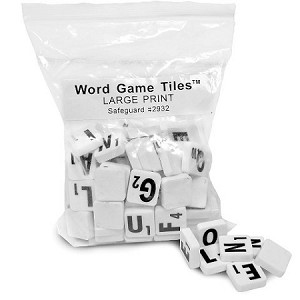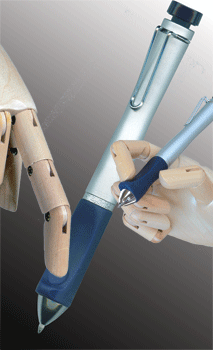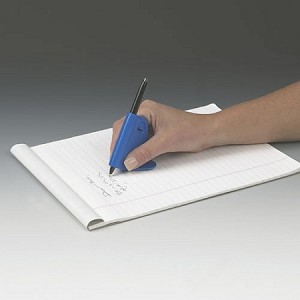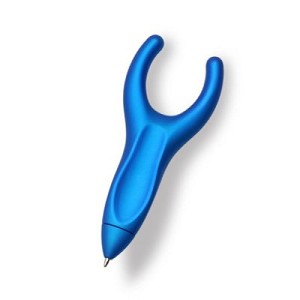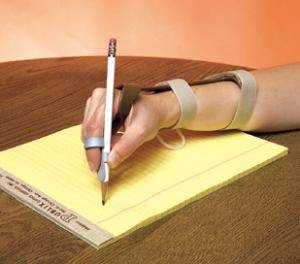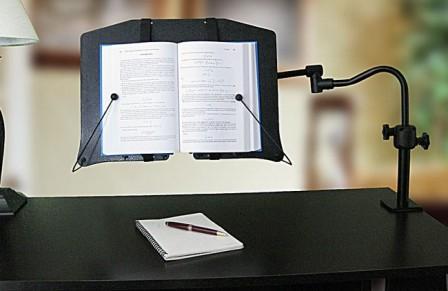- Providing Helpful Healthcare Products Since 1999 | Our Hours: 8 AM - 5 PM CST Mon - Fri
- +1-877-750-0376
National Aphasia Awareness Month: Practice communication
Brushes, sponges with handles help during stroke recovery
June 9, 2014Summer reading made a breeze with these aids
June 9, 2014June is National Aphasia Awareness Month. Aphasia is speech and communication impairment caused by a stroke.
People who suffer a stroke experience a variety of symptoms afterward, including muscle weakness and loss of muscle control. Stroke survivors with aphasia will experience varying degrees of speech and communication impairment.
Some people with aphasia may understand communication from others while not being able to speak themselves. Others with aphasia may not be able to speak or listen to others effectively. Aphasia usually does not affect thinking skills, only those parts of the brain required for communication.
Practicing communication helps
According to the National Stroke Association, aphasia can be treated and managed well in many cases, although full recovery is not always possible. The National Stroke Association suggests writing (notes, grocery lists), reading (books, menus) and playing games (crossword puzzles, cards) to help practice and improve communication skills with aphasia.
Have fun with word games
Use our Large Print Word Game Tiles on a traditional Hasbro Scrabble game board. This will allow your loved one to see the letters clearly. This crossword board game will keep their mind training reading skills. Not to mention, it is a great way to spend quality time with your loved one.
Write like a pro
Encourage your loved one to keep up their writing skills with the EzGrip ResQ Gel Ergonomic Pen. This pen will feel like it is “floating on paper,” requiring only light pressure on the specially designed grip. The smoothness of this writing pen will allow your loved one to write more without becoming exhausted.
Pen handle increases steadiness
The Steady Write Pen will also make writing easier for your loved one, as it features a base that rests against the paper and requires less gripping strength and muscle control.
A pen with a special shape
Your loved one can apply downward pressure easily to the Ergo Sof PenAgain. This pen is smaller and has an ergonomic handle for the finger on the end.
A brace that holds the pencil for you
If a stroke has greatly affected your loved one’s ability to hold and grip pencils, the Wanchik’s Writer No. 2 will do all the work for them. When strapped securely to the arm, it allows the user to move their pencil across paper with no finger strength required.
Stay ahead on your reading
Reading is also recommended for those with aphasia, but holding books and magazines open and at the appropriate angle is hard for people who have had a stroke. The LEVO Desk BookHolder clamps to your table or desk and holds the pages open so your loved one doesn’t have to.
Time and again, we realize that activity is so important to keeping up one’s health after a traumatic event, such as a stroke. Help your loved one fight aphasia with these practices and others recommended by health professionals.

